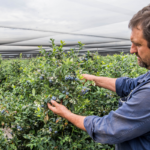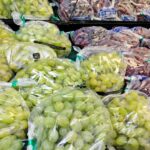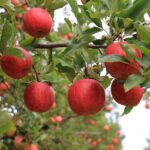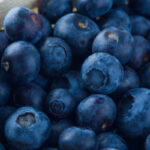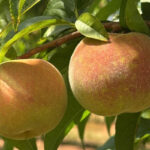Australia bans major fruit fly insecticide
Australia's main insecticide for combating fruit flies has been banned for the next 12 months by authorities.
The Australian Pesticides and Veterinary Medicines Authority (APVMA) has suspended dimethoate use on a number of crops including mandarins, melons, tomatoes, potatoes, pome fruit and stonefruit.
Pesticides Program Manager Dr Raj Bhula, said some of the estimated chemical exposures from the insecticide were above the acute reference dose level, reducing the normal safety margins for consumers.
"If our risk assessment shows these standards could be exceeded, the APVMA must remove or modify the use of the chemical on the crop so that consumption remains in line with the public health standard," he said.
He clarified that dimethoate insecticides that contain new instructions on safe use could be used on some crops.
"Product registrants are requested to inform all parts of the supply chain that new instructions have been issued by the APVMA. All products in the supply chain and the marketplace must contain the new instructions prior to sale," explained Dr Bhula.
The announcement follows the release of the 2011 Dimethoate Residues and Dietary Risk Assessment Report in August, which found its use on many crops could exceed the recommended public health standard.
Australian Horticultural Exporters Association (AHEA) deputy chairman Joseph Saina, described dimethoate as the main option for fighting fruit flies, although irraditation and the application of methyl bromide can be used.
He warned if the organophosphate cannot be used then the country could fall behind the phytosanitary requirements of export destinations, possibly affecting as much as 70% of the country's exports worth more than $300 million (US$415.76 million) annually.
Photo: Sciencephoto.com
















